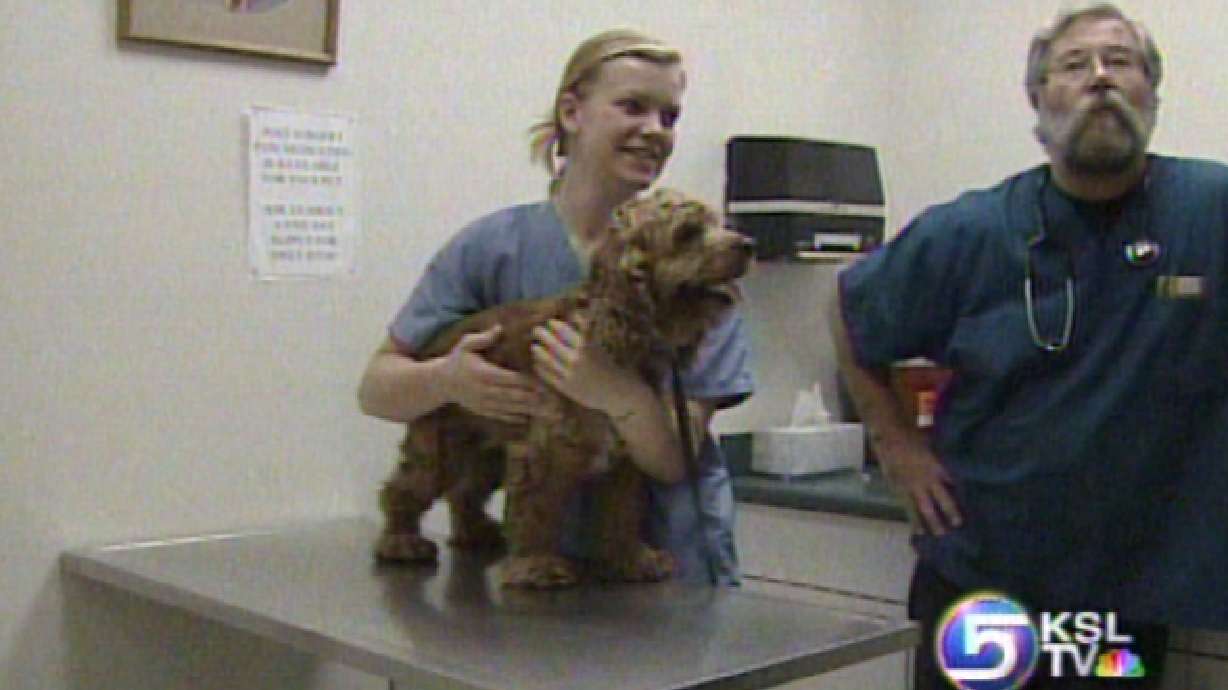Estimated read time: 2-3 minutes
This archived news story is available only for your personal, non-commercial use. Information in the story may be outdated or superseded by additional information. Reading or replaying the story in its archived form does not constitute a republication of the story.
Ed Yeates ReportingThough canine influenza, or dog flu as it’s called, has not yet officially been confirmed in Utah, it might already be here. But the American Veterinary Medical Association says not to worry.
At the ARUP Labs in Salt Lake, veterinary pathologist Dr. Lawrence McGill has only identified one positive sample of Canine Influenza so far and that came from a state outside Utah.
Dog flu was first reported in 2004 as the virus supposedly jumped species, moving from a horse to a dog at a racetrack. Over the last year it's spread to 17 states, and as of this week, the American Veterinary Medical Association is confirming the virus in pet dogs in thirteen more states; the closest to us is California.
But NOT to worry! The virus, for now, is not very potent and few dogs will die from it.
Lawrence McGill, DVM, Veterinary Pathologist, ARUP Laboratories: "The canine flu is a very low virulent virus so they figure it's less than eight percent, and in most cases, less than five percent. And in some populations it's probably less than one percent of animals infected, die."
The AVMA is recommending folks who run shelters and boarding centers to keep an alert eye out for an animal which may come in with a persistent cough, something different than what is commonly known as Kennel Cough. That kind of monitoring is already routine at most Utah shelters.
The Humane Society here has two full time veterinarians. They're monitoring animals, both when they come into the shelter and then also when they leave for adoption.
Gene Baierschmidt, Executive Director, Humane Society of Utah: "People shouldn't be wary of adopting from us or from, what we can tell, any shelter in Utah because all of our animals are quite healthy right now."
So what should you look for?
Lawrence McGill: "They're going to cough and maybe even gag up a little bit of stuff, but most of the time, all that's going to happen to them is in a week to ten days, they're going to be over it."
There's NO evidence at this point that dogs can transmit the canine virus to humans.








